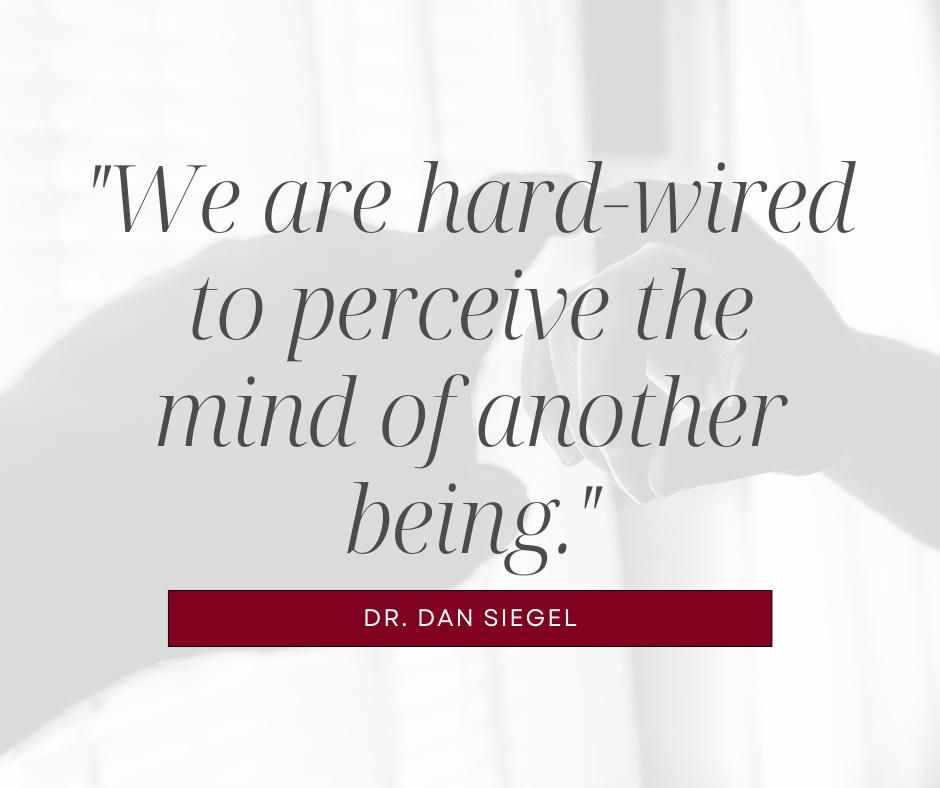Mirror Neurons and Emotional Attunement
“We are hard-wired to perceive the mind of another being.”
Empathy is a cornerstone of human interactions, contributing to emotional understanding, compassion, and social bonding. Recent research in the field of neuroscience has explored the neuronal mechanisms underlying empathetic responses, with a focus on mirror neurons and their role in enhancing emotional attunement. Empathy involves the capacity to understand and share the emotions of others, fostering emotional connection and mutual support. Researchers have identified the important role of the mirror neurons system in empathy. Mirror neurons are specialized brain cells that fire both when an individual performs an action and when they observe the same action being performed by someone else.
Mirror neurons play a pivotal role in empathetic responses by simulating observed actions, emotions, and sensations in the observer's brain. This simulation process leads to emotional resonance, enabling individuals to vicariously experience the emotions of others. The activation of mirror neurons during empathetic responses contributes to emotional resonance, where the observer's brain mirrors the emotional state of the individual they are empathizing with. This shared emotional experience fosters a deep sense of connection and attunement.
Mirror neuron activity is observed in brain regions such as the premotor cortex, inferior parietal lobule, and superior temporal sulcus. These regions collectively contribute to the processing of observed actions and emotions. The maturation of mirror neuron systems during early childhood contributes to the development of empathy and emotional attunement. Early social interactions and modeling play a role in shaping mirror neuron activity. Individual differences in mirror neuron activity contribute to neurodiversity in empathy and emotional attunement. Variations in mirror neuron function may underlie differences in empathetic processing among individuals.
The mirror neuron system plays a role in emotional attunement and perspective taking by enabling the mental simulation of the emotional experiences of others. This is partially possible by the mimicking and resonance with nonverbal cues, facial expressions, and body language of others. Research on this field has advanced our understanding of the neuronal basis of empathy and its profound impact on social interactions and relationship dynamics.
If you’d like to explore how your current and past relationships have shaped you, click here to request a session.
I am a PhD in Clinical Sexology candidate at Modern Sex Therapy Institutes and have a Master of Science in Educational Psychology. I work with individuals, couples, non-monogamous relationships, and groups in topics related to sexuality, emotional regulation, communication dynamics, and changing behaviors.


